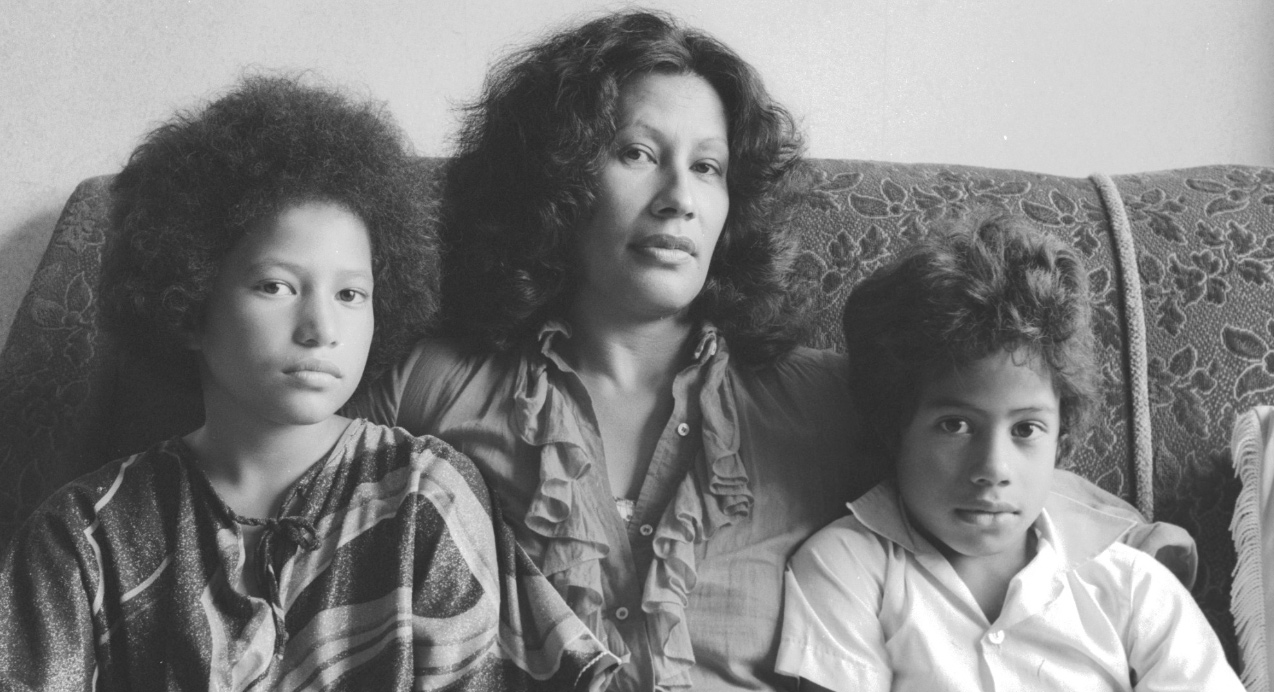Film is indivisible from whānau in Merata: How Mum Decolonised the Screen

Much more than just a historical document of Aotearoa cinema—which alone would still be enough to justify it as essential viewing—Heperi Mita’s documentary about Merata Mita, his mother and a pioneering Māori filmmaker, sees film as indivisible from whānau. As he’s noted, filmmaking seemed like a natural part of Merata’s life and, as his doco details, his mother’s work swept her tamariki up in it. Whether seen onscreen, forming memories on film sets or experiencing the ramifications of Merata’s status quo-challenging films on Bastion Point or the Springbok Tour, her work informed many facets of her children’s upbringing. In her absence, Merata Mita’s strong spirit on screen or behind the camera lives on, something Heperi engages with here as director, archivist, and son, to share a deepened understanding of his departed mother with others, and along the way explore new dimensions to his relationships with his siblings.
The results are as deeply personal as they sound, an exploration of family alongside a celebration of creativity, passion, and uniqueness. How Mum Decolonised the Screen allows Heperi to travel back in time to before his birth, exploring the deprivation and difficulty he wasn’t around to experience, charting his mother’s development into a filmmaker, and using her films to illustrate a social context that is at times difficult to fathom from a 21st-century perspective. The baton-wielding cops she captured welcomely feel somewhat alien, even if instances of unashamed Pākehā racism may not.
The more personal the film gets, the more universal it becomes. Less academic, perhaps, it still celebrates the filmmaking talent of the first indigenous woman to direct a feature film, but doesn’t shy from the damage done along the way. Just as their mother would bravely discuss her decision to have an abortion, a taboo topic for 1977, on camera in TV documentary Māori Women in a Pākehā World, so too do her children revisit the difficulties of their past—most movingly, in recounting struggles against poverty and abuses of authority.
Along the way, of course, is Merata’s work, and what an advertisement for further exploration of her filmmaking this documentary is. Just as her family, philosophy, and day-to-day life undoubtedly informed her films, Heperi Mita’s own perspective lends something extra to his mother’s work here, further cementing the inseparability of life experiences—both his and hers—from what will hopefully be a long-lasting film presence that can inform and inspire the present and future.

















